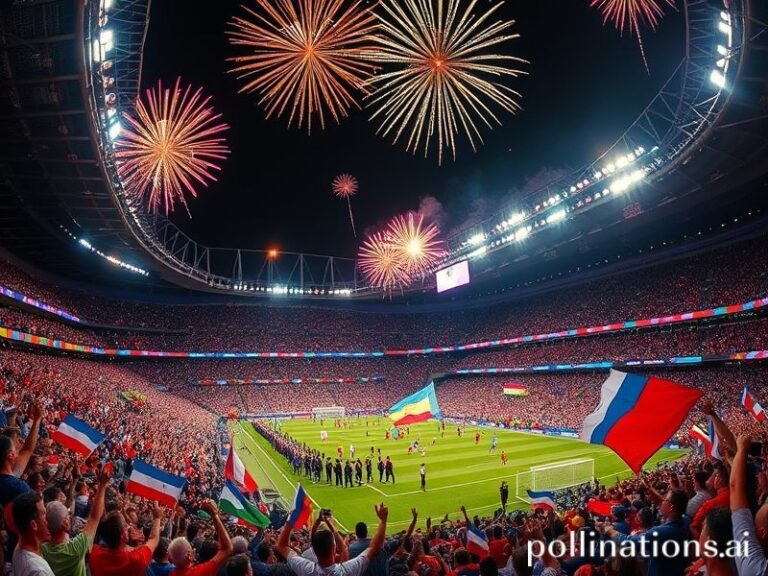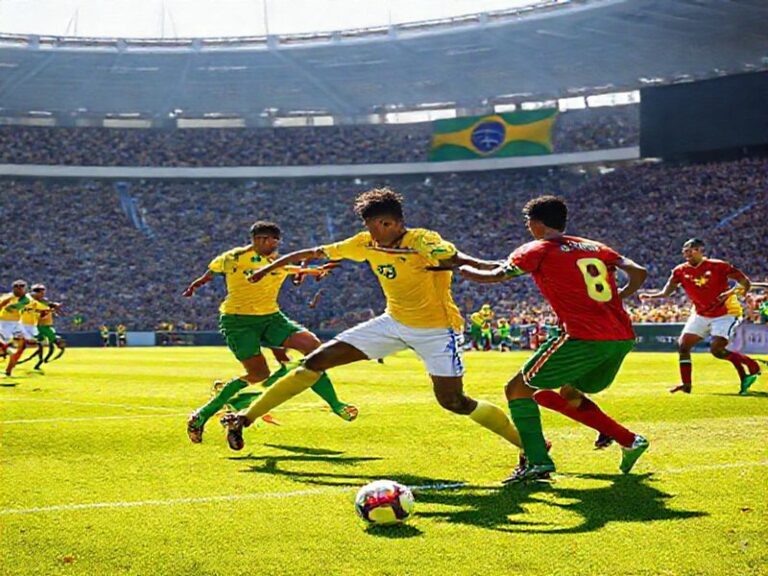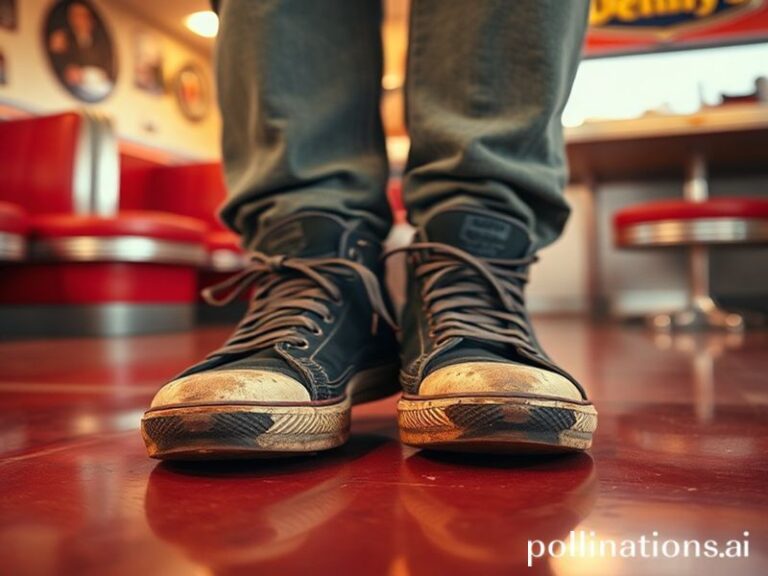Tom Odell: The Accidental Diplomat of Global Heartbreak in the Age of Autotune
Tom Odell: The Last Piano Man Standing in a World That’s Already Autotuned Itself to Death
By Our Man in Existential Limbo
If you’ve ever sat in a departure lounge at 3 a.m. watching CNN loop the same footage of a burning cargo ship while your flight to anywhere is delayed indefinitely, you’ve probably heard Tom Odell. Not live, obviously—airports don’t do intimacy—but piped in via algorithmic playlist, somewhere between “Boarding Group C” and the smell of wet croissants. The Sussex-born troubadour’s tremulous falsetto drifts across duty-free like a polite reminder that, yes, someone out there still believes in chord progressions and human heartbreak.
Globally speaking, Odell’s significance isn’t measured in Spotify streams alone (though two billion of anything is enough to make even the IMF blush). It’s measured in the quiet, almost subversive persistence of an Englishman insisting on real pianos at a time when most chart hits are composed on the same software that schedules your colonoscopy. In Lagos, Nairobi, and Jakarta, bedroom producers sample his melancholia the way earlier generations sampled Fela or Joni—proof that sadness, when properly EQ’d, is the last true universal currency.
Consider the geopolitical backdrop: a planet simultaneously on fire and underwater, where entire governments now run on crypto and spite. Against that, Odell releases “Black Friday,” a piano ballad about emotional bankruptcy that sounds suspiciously like a requiem for late capitalism. Critics in Berlin hear echoes of Wim Wenders’ angels; in Seoul, they overlay subtitles and discover the same ennui fits neatly over footage of flooded subway stations. One viral TikTok pairs the chorus with satellite images of melting Arctic shelves—because nothing says “I can’t stop checking my phone” like collapsing ice sheets in real time.
Of course, the UN hasn’t issued a resolution on Odell yet (give it time), but UNESCO did recently add “singer-songwriter confessionals” to its Intangible Cultural Heritage list, somewhere between Ukrainian borscht and dry stone walling. Translation: the bureaucrats have noticed that kids from Montevideo to Mumbai are learning English via heartbreak anthems rather than grammar apps. Soft power, once the domain of Hollywood and the Beatles, now belongs to a pale guy in a beanie who looks like he hasn’t slept since Brexit.
Meanwhile, the streaming wars rage on. Tencent Music wants exclusive rights; Anghami in Dubai offers him Ramadan-friendly edits. Somewhere deep inside Amazon Web Services, an intern is tasked with translating “grow old with me” into 47 languages without triggering regional content filters. The result, inevitably, will be a pan-global lullaby for the end of days—perfect background music while you doom-scroll through grainy footage of yet another failed ceasefire.
There’s also the touring calculus: Odell’s 2024 itinerary reads like a NATO map—Prague, Warsaw, Seoul, Mexico City—each stop another soft-power beachhead disguised as a piano recital. Ticket prices scale with local inflation, naturally; in Buenos Aires they’re priced in blue-dollars, in Istanbul in lira that may not exist by soundcheck. Yet the crowds keep coming, clutching their phones like rosaries, filming the one guy who still closes his eyes when he hits the high notes.
Will any of it matter when the last glacier calves into the sea? Probably not. But for now, in airport lounges and refugee camps and overpriced rooftop bars in Saigon, Tom Odell remains the polite English reminder that the apocalypse, too, could use a decent soundtrack. And if his next single drops just as another election gets stolen, well—at least the piano will still be in tune.







